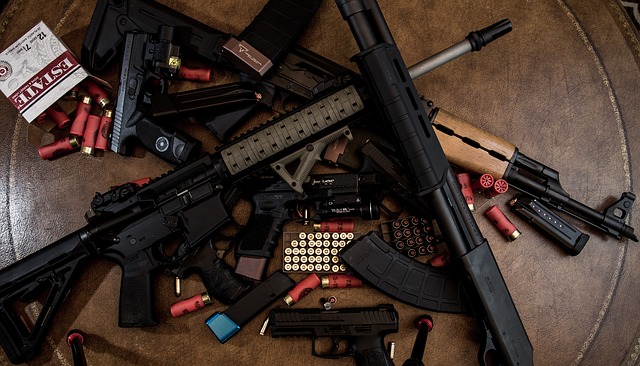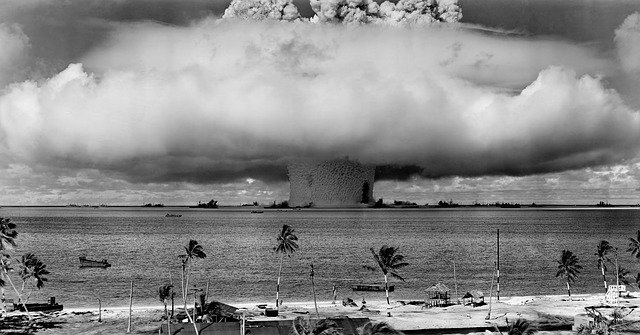
A set of weapons is called armament.
From the Latin armamentum , armament is a concept that refers to the set of weapons of all types that are at the disposal of a military body . The notion also indicates everything that is necessary for war . For example: "The general is very calm and affirms that we have the necessary weapons to win the war" , "Our weapons were not enough to counteract the enemy forces" , "The international community condemned the use of nuclear weapons" .
It should be noted that a weapon is a tool used to attack or defend oneself . It is an instrument that allows you to physically harm or even kill a person. Armament, therefore, is the set of weapons available to a country , an army or another type of entity.
Set or collection of weapons
The term is also usually used in reference to the weapons accumulated by a criminal organization, a guerrilla group or any other group: "The police seized weapons with pistols, machine guns and grenades that belonged to a drug trafficking gang," "The president believes that The arming of the guerrilla will not be a problem for the army" , "I invite the rebels to hand over their weapons to the authorities so that we can dialogue without pressure."
Having weapons is usually the exclusive power of the security forces of a State . In this sense, society accepts that the police or the army increase their weapons to protect the community. On the other hand, when weapons are in the hands of civilians, it is considered a risk to the population.

Nuclear weapons are associated with the provision of bombs of this type.
nuclear weapons
Any high-power explosive that relies on nuclear energy for its operation is known as a nuclear weapon. Nuclear energy, also called atomic, is that which is released spontaneously or artificially in nuclear reactions, which combine and transform sub-atomic particles and atomic nuclei. Some fundamental components of nuclear weapons are intercontinental ballistic missiles, submarine-launched missiles, and part of the technology necessary to manage and operate them.
During the so-called Trinity Test, the first nuclear detonation in history was carried out, and it took place in the North American state of New Mexico, on July 16, 1945, as an experiment that was part of a great scientific project called Manhattan. which had the objective of developing the first atomic bomb . In this project, contemporary to the Second World War , the United States, the United Kingdom and Canada participated, in an attempt to have nuclear weapons before Nazi Germany.
The beginning of the so-called nuclear age took place after the United States detonated two atomic bombs, uranium and plutonium, in the Japanese cities of Hiroshima and Nagasaki, respectively. According to certain historians, the intention of the North American government was not mainly to get the Japanese to surrender, but largely to make the USSR aware of its shiny nuclear weapons and think twice about its actions in the imminent post-war period.
The nuclear bomb is one of the most destructive weapons ever created by humans, which explains why they are normally included in the ABQ classification, an acronym that represents "atomic, biological, chemical" and which used to be used to refer to the units civilians or military that had the mission of fighting against threats of any of these three types, or the threat itself.
Nuclear weapons, in short, are one of the most impressive discoveries of human beings, as well as one that should never have been made, since it is also the cause of countless unjust deaths and torn lives like no other. discovery can amend.
